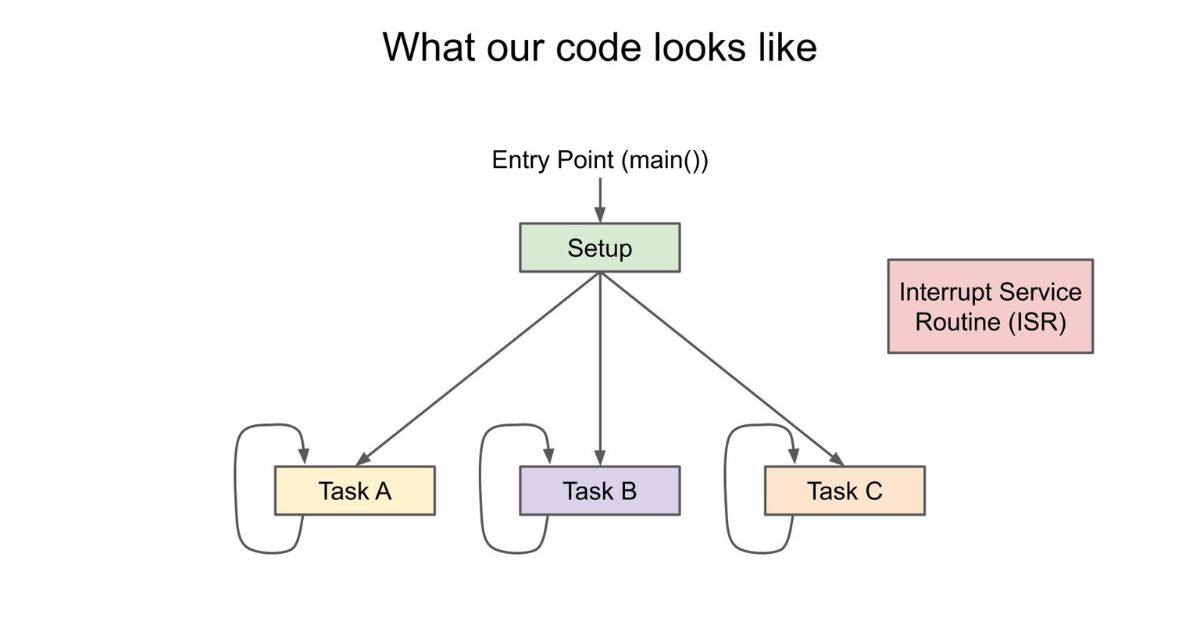
Mastering Task Scheduling: A Comprehensive Guide to Boost Productivity
Mastering Task Scheduling: A Comprehensive Guide to Boost Productivity
Introduction
In the fast-paced world we live in, managing our time efficiently is crucial for success. Task scheduling plays a pivotal role in organizing our daily activities, helping us prioritize and execute tasks with precision. In this comprehensive guide, we will delve into the intricacies of task scheduling, exploring its significance, best practices, and tools to enhance productivity.
The Importance of Task Scheduling
Understanding Task Scheduling
Task scheduling is the process of allocating resources and time to various tasks to achieve specific goals. It involves planning, prioritizing, and organizing activities to ensure optimal utilization of time and resources. Whether you’re a professional striving to meet deadlines or a student managing assignments, effective task scheduling is the key to success.
Benefits of Task Scheduling
- Improved Time Management: Task scheduling enables individuals to allocate time wisely, ensuring that each activity gets the attention it deserves.
- Enhanced Productivity: By prioritizing tasks, individuals can focus on high-priority items, leading to increased productivity and efficiency.
- Reduced Stress: Having a well-organized schedule reduces the stress associated with looming deadlines and overwhelming workloads.
- Goal Achievement: Task scheduling helps individuals set and achieve goals systematically, contributing to long-term success.
Best Practices for Effective Task Scheduling
1. Prioritize Your Tasks
Before diving into task scheduling, it’s crucial to prioritize your tasks. Identify the most urgent and important activities, and allocate time accordingly. The Eisenhower Matrix, a popular prioritization tool, categorizes tasks into four quadrants based on urgency and importance.
2. Time Blocking
Time blocking involves setting aside specific blocks of time for particular tasks. This technique helps minimize multitasking and ensures dedicated focus on one activity at a time. Use tools like calendars or planners to create time blocks for various tasks throughout the day.
3. Set Realistic Goals
When scheduling tasks, it’s essential to set realistic and achievable goals. Avoid overloading your schedule, as this can lead to stress and burnout. Break down larger tasks into smaller, more manageable steps to make them more achievable.
4. Use Technology to Your Advantage
Take advantage of task management tools and apps to streamline the scheduling process. Platforms like Trello, Asana, or Todoist allow you to create, organize, and prioritize tasks with ease. These tools often come with reminder features to help you stay on track.
5. Regularly Review and Adjust Your Schedule
Task scheduling is not a one-time activity; it requires constant review and adjustment. Regularly assess your progress, identify any challenges, and make necessary adjustments to your schedule. This ensures that your approach remains flexible and adaptable to changing circumstances.
Task Scheduling Techniques
1. The Pomodoro Technique
The Pomodoro Technique is a time management method that involves breaking work into intervals, traditionally 25 minutes in length, separated by short breaks. This technique helps maintain focus and avoid burnout by encouraging short bursts of intense work followed by brief periods of rest.
2. Eat That Frog! Technique
Coined by Brian Tracy in his book “Eat That Frog!,” this technique encourages tackling the most challenging or important task first thing in the morning. By completing the most difficult task early, you set a positive tone for the rest of the day and increase overall productivity.
3. Time Blocking Technique
As mentioned earlier, time blocking involves assigning specific blocks of time to different tasks. This technique allows you to concentrate on one type of activity during each block, minimizing distractions and increasing overall efficiency.
Tools for Efficient Task Scheduling
1. Trello
Trello is a versatile task management tool that utilizes boards, lists, and cards to help users organize and prioritize tasks. With its intuitive interface and collaborative features, Trello is suitable for both personal and professional task scheduling.
2. Asana
Asana is a comprehensive project management tool that enables users to create tasks, set deadlines, and collaborate with team members. Its flexibility makes it suitable for a wide range of users, from freelancers to large corporations.
3. Todoist
Todoist is a simple yet powerful task management app that allows users to create and organize tasks using natural language. It’s equipped with features like due dates, reminders, and priority levels, making it an excellent choice for efficient task scheduling.
Overcoming Common Task Scheduling Challenges
1. Procrastination
Procrastination is a common obstacle in effective task scheduling. Combat this by breaking down tasks into smaller, more manageable steps, and focus on completing one step at a time.
2. Overcommitting
Overcommitting to tasks can lead to stress and burnout. Be realistic about your capabilities and avoid taking on more than you can handle. Learn to say no when necessary.
3. Lack of Flexibility
While having a schedule is essential, being too rigid can hinder adaptability. Allow room for unforeseen events or changes in priorities by building flexibility into your schedule.
4. Not Setting Clear Goals
Without clear goals, task scheduling loses its effectiveness. Define specific, measurable, and achievable goals to provide direction and motivation for your scheduled activities.
Conclusion
In conclusion, mastering the art of task scheduling is a crucial skill for anyone seeking to enhance productivity and achieve their goals. By understanding the importance of task scheduling, implementing best practices, exploring various techniques, and utilizing efficient tools, individuals can take control of their time and work towards success. Overcoming common challenges associated with task scheduling requires self-awareness, adaptability, and a commitment to continuous improvement. With the right approach, task scheduling becomes a powerful tool for navigating the complexities of daily life and achieving long-term success.